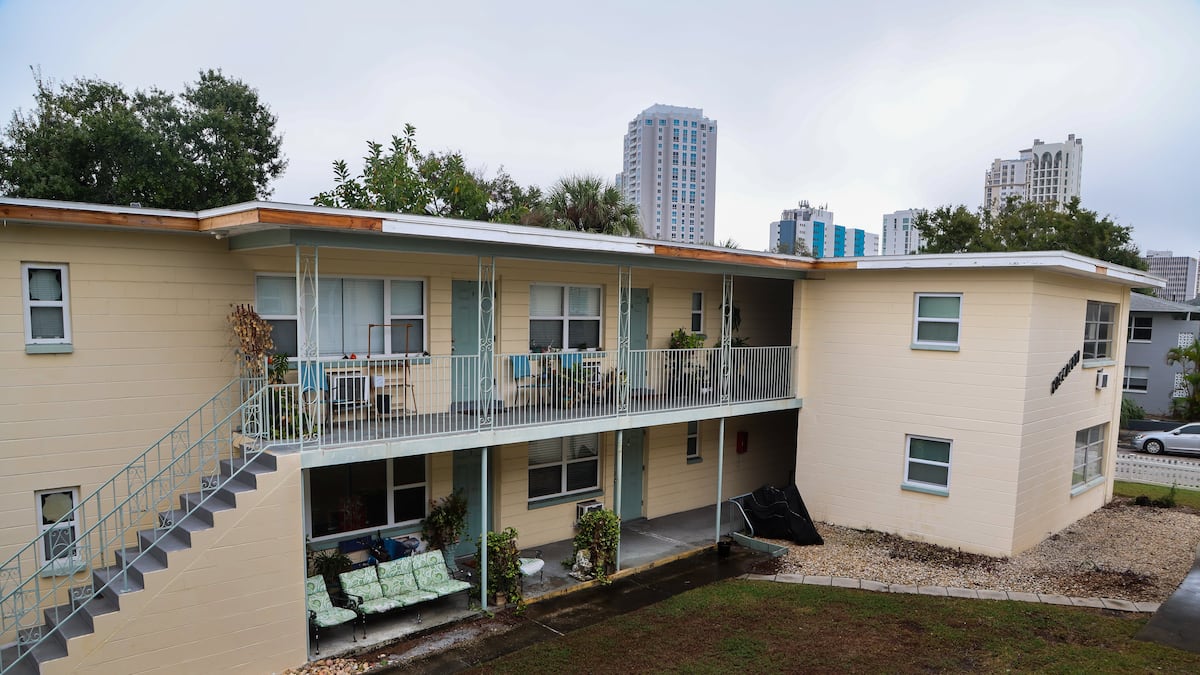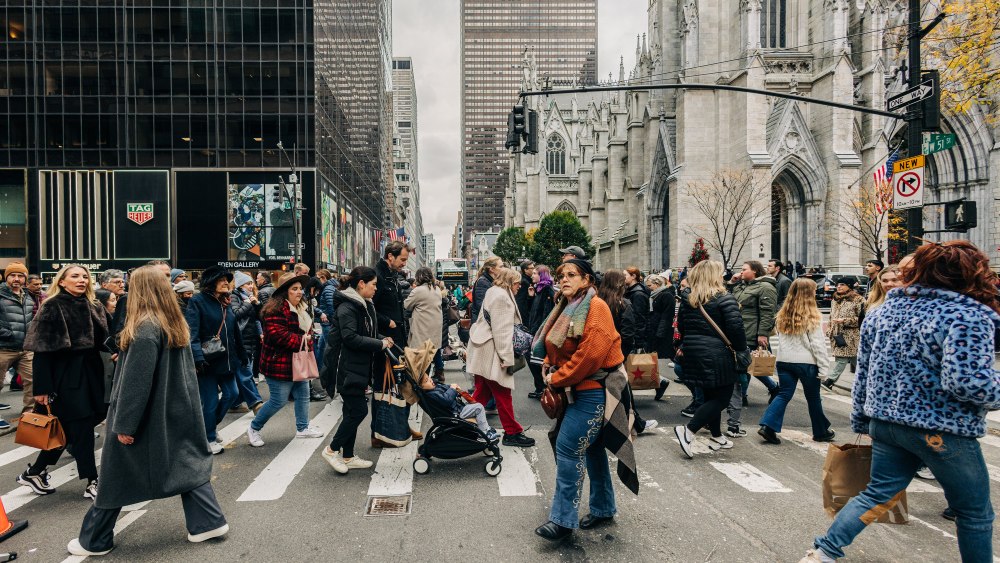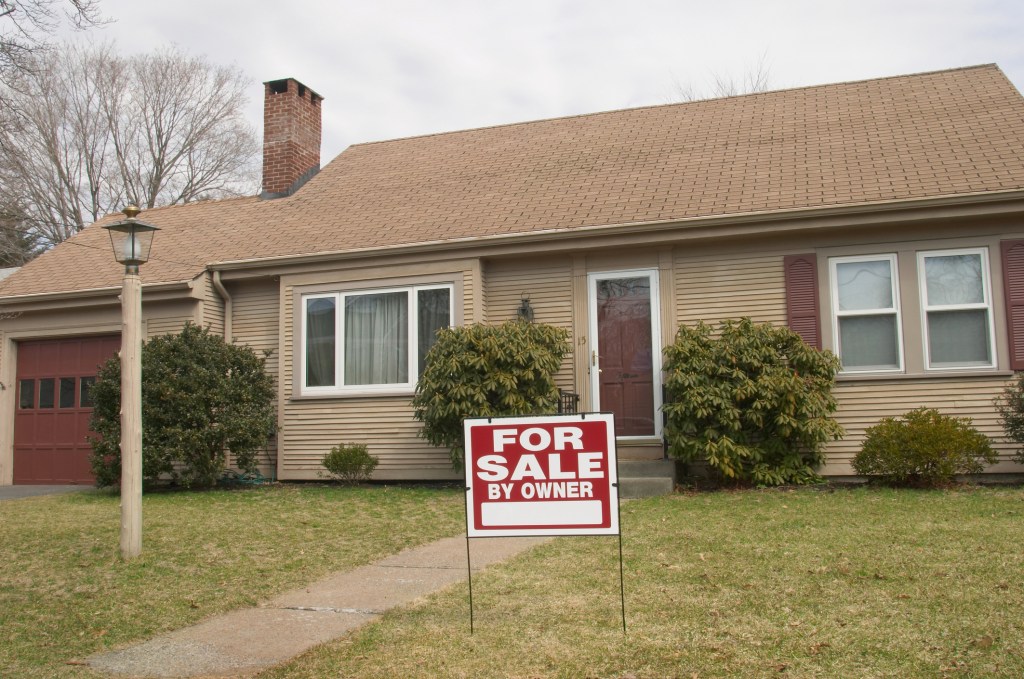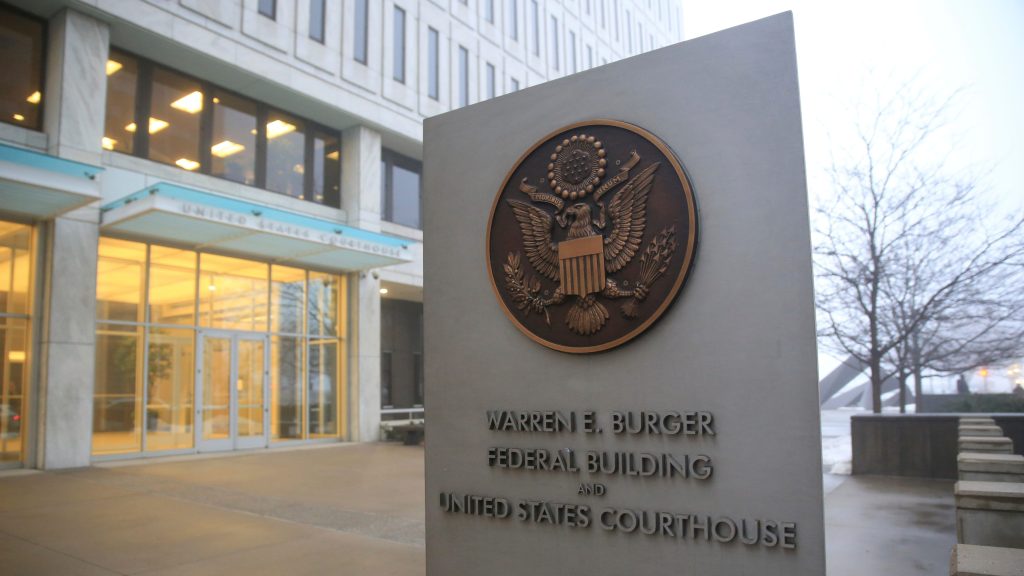A
s the LA wildfires ravaged the city, a stark reality emerged: climate change can upend the real estate and mortgage industries in an instant. The consequences could be devastating, with property values plummeting over time.
A recent study by First Street, a leading climate risk data provider, paints a dire picture of the impact of climate change on the US real estate market. Their 12th national report, "Property Prices in Peril," reveals that climate-induced shifts could lead to a staggering loss of $1.47 trillion in unadjusted real estate values over the next 30 years.
The report highlights a stark divergence between high-risk areas, which will likely see property values decline, and risk-resistant regions, where values are expected to remain stable or even increase. But this is only half the story. Jeremy Porter, First Street's head of climate implications research, warns that homeowners insurance costs and migration patterns are also on the cusp of significant change.
"Climate change is no longer a theoretical concern; it's a measurable force reshaping real estate markets and regional economies across the US," Porter said. "Our findings underscore the urgent need to understand how rising insurance costs and population movements are transforming the economic geography of the nation."
The writing is on the wall: insurance premiums are already skyrocketing. State Farm, one of the largest insurance providers, has requested a 22% rate hike in California following the LA wildfires. First Street predicts that home insurance premiums will increase by 29.4% by 2025 due to climate risks.
As insurance costs rise, residents may be forced to flee to more climate-resilient regions, driving migration patterns and economic shifts. North Dakota and Montana are expected to be key destinations for those seeking refuge from climate change. While this influx of new residents could bring economic benefits, it also poses challenges for communities that have long been grappling with the impacts of climate change.
The report urges policymakers, businesses, and community stakeholders to take action to mitigate the risks and capitalize on emerging opportunities in a shifting landscape. As Matthew Eby, founder and CEO of First Street, noted, "These results highlight not only the pressing challenges but also the opportunities for adaptation and innovation in the face of climate change."














